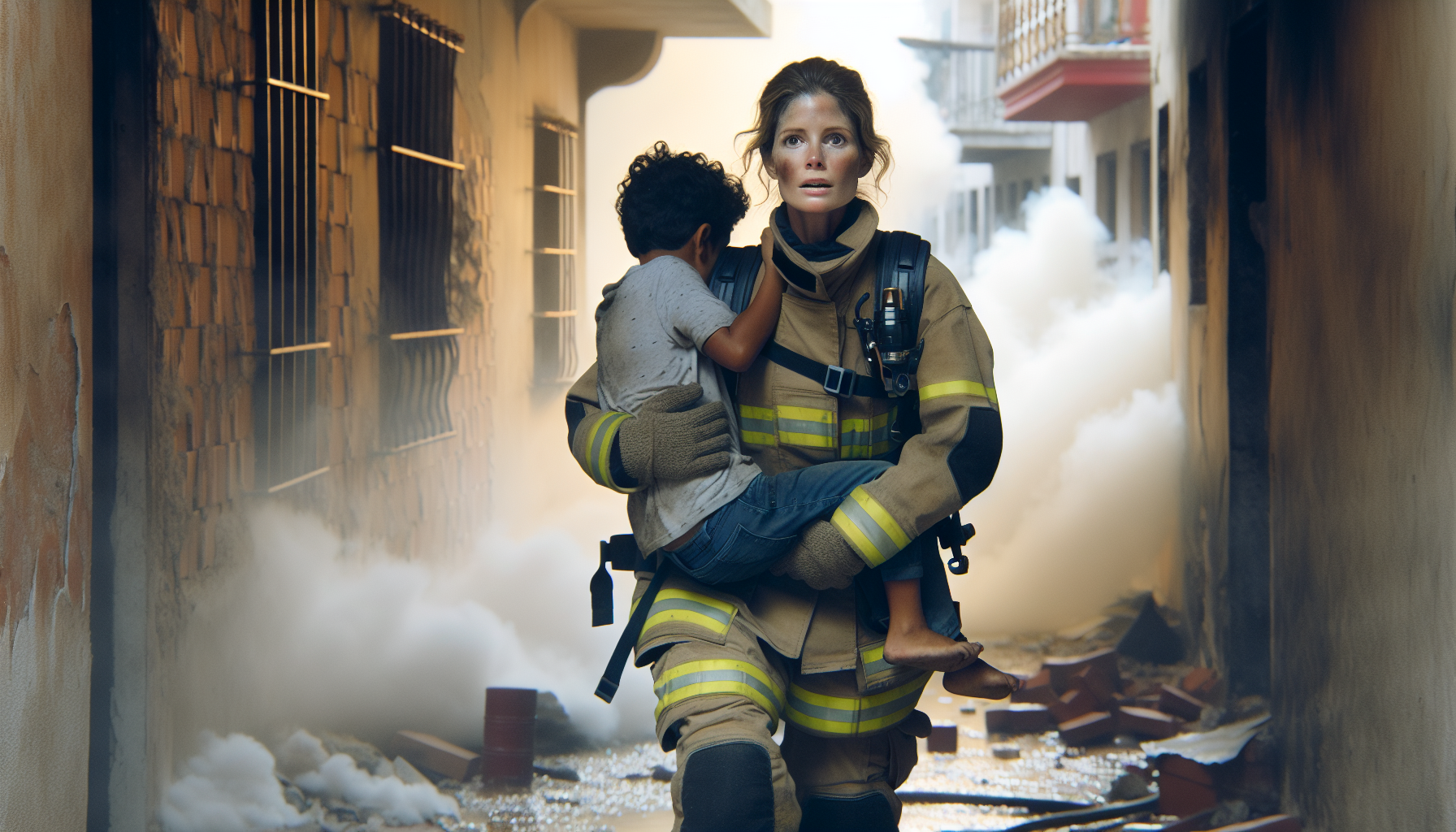Unsung Heroes of the Pandemic: The Pivotal Role of CNAs

CNAs serve as the first point of contact for patients, managing fundamental care tasks that are essential to patient recovery and daily functioning. During the pandemic, these responsibilities took on heightened importance as healthcare facilities coped with overwhelming patient loads. CNAs ensured that healthcare standards were maintained and that patients received necessary attention despite the constraints of the pandemic environment. Beyond physical care, CNAs became vital emotional support systems. With strict visitation restrictions, many patients faced isolation. CNAs stepped in as companions, offering comforting words and a listening ear, which was particularly important for alleviating patient anxiety and promoting mental well-being. This emotional labor, often overlooked, was as crucial as the physical care provided.
Stories of Resilience and Adaptability
The pandemic demanded unparalleled resilience and adaptability from CNAs. Faced with increased workloads, extended shifts, and the ever-present risk of virus exposure, they continued their duties with a steadfast sense of duty and compassion. Numerous stories emerged of CNAs covering shifts for sick colleagues, swiftly learning new safety protocols, and adapting to rapidly evolving circumstances. In long-term care facilities, where the virus had devastating effects, CNAs were critical in infection control efforts. They quickly adapted to stringent hygiene practices and altered care routines to curb virus spread, demonstrating their proactive approach and meticulous attention to detail in safeguarding vulnerable populations.
Personal Sacrifices
The commitment of CNAs during the pandemic often came at a significant personal cost. Many CNAs chose to live apart from their families to reduce the risk of transmission, worked extended hours without breaks, and bore the emotional burden of losing patients to the virus. These sacrifices highlight the selflessness and dedication that define the CNA profession. One compelling example is that of a CNA who, after contracting the virus, advocated for improved safety measures at her facility. Her efforts resulted in better personal protective equipment for her colleagues, showcasing the advocacy role that CNAs often undertake, even amid personal hardships.
The COVID-19 pandemic has highlighted the indispensable role of CNAs in the healthcare system. As unsung heroes, they have exhibited extraordinary resilience, adaptability, and compassion, ensuring patient care remained a priority despite unprecedented challenges. Their contributions extend beyond the pandemic, reinforcing the necessity of recognizing and valuing CNAs as vital members of the healthcare team. As we look to the future, it is crucial to honor their sacrifices and support their continued development, equipping them to face future healthcare challenges with the same courage and dedication. The dedication and sacrifices of CNAs during the pandemic serve as a powerful reminder of the critical role they play in healthcare. Their resilience and adaptability under pressure have not only helped navigate a global crisis but also underscored the essential nature of their work. Recognizing and supporting CNAs will be vital in ensuring the strength and resilience of healthcare systems in the face of future challenges.
Geriatric Nursing Assistant (GNA)
long-term care facilities and nursing homes
Responsibilities
Assist elderly patients with daily activities such as bathing, dressing, and feeding, ensuring their comfort and safety.
Monitor patients' health by checking vital signs and reporting any changes to nursing staff.
Provide companionship and emotional support to patients, enhancing their quality of life.
Home Health Aide (HHA)
home healthcare agencies
Responsibilities
Deliver personalized care to patients in their homes, aiding with medication administration and mobility support.
Coordinate with healthcare professionals to implement care plans and ensure continuity of care.
Educate patients and families about health maintenance and disease prevention.
Patient Care Technician (PCT)
Hospitals and outpatient clinics
Responsibilities
Support nurses and doctors by preparing medical equipment and assisting in basic procedures.
Document patient information accurately, maintaining updated medical records.
Provide both physical and emotional support to patients, helping them navigate their treatment journey.
Rehabilitation Aide
Rehabilitation centers and sports medicine facilities
Responsibilities
Assist physical and occupational therapists in executing rehabilitation plans, setting up equipment, and guiding exercises.
Monitor patient progress and communicate observations to the healthcare team.
Ensure a safe and clean environment for treatment, adhering to health and safety regulations.
Hospice Aide
Hospice organizations and palliative care units
Responsibilities
Offer end-of-life care, managing patient hygiene, mobility, and comfort, while respecting the dignity of patients.
Provide emotional support to patients and their families, facilitating open communication and understanding.
Collaborate with interdisciplinary teams to deliver comprehensive palliative care.


